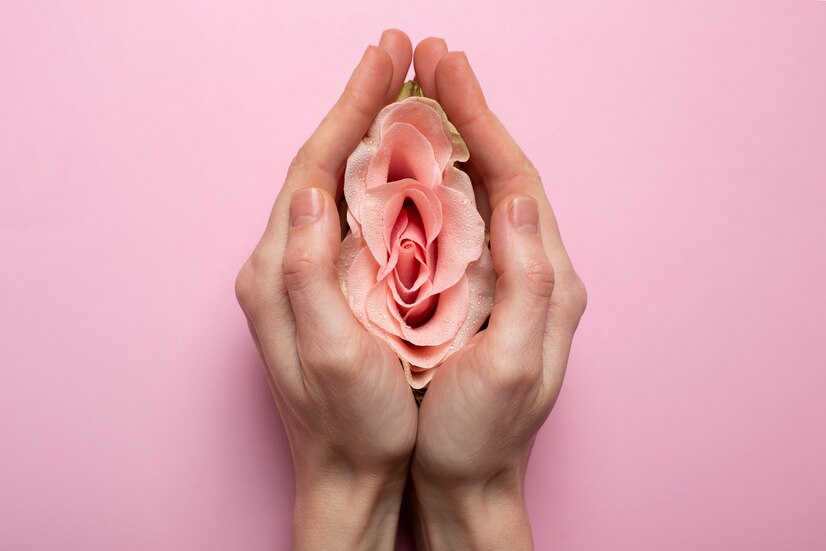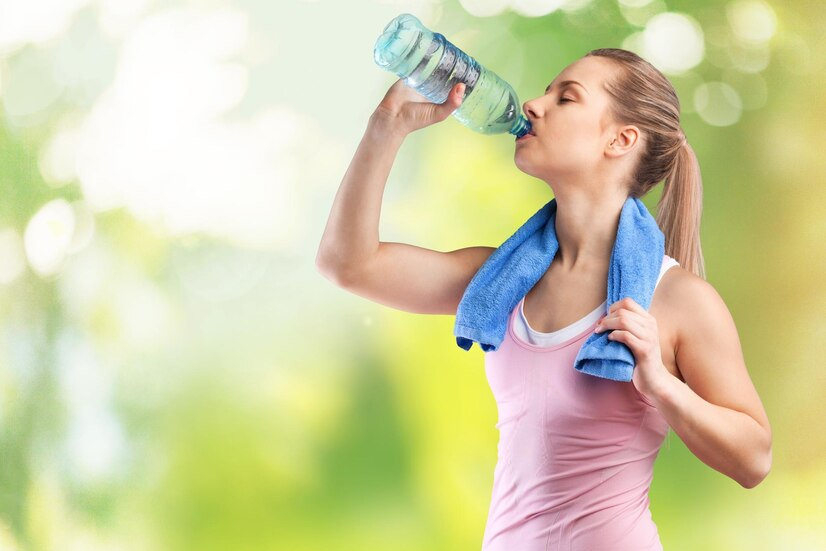
Vaginal dryness is a common condition that many women experience due to hormonal changes, aging, or external factors. While it can occur throughout the year, many women notice that their symptoms become more aggravated during the winter. The colder months come with a dry environment which can be a leading cause of increased irritation. Lifestyle changes like wearing tight clothing can also contribute to the aggravation of vaginal dryness.
Table of Content:-
To understand why vaginal dryness worsens in winter, OnlyMyHealth team interacted with Dr Pratibha Singhal, Director - Department of Gynaecology and Obstetrics, Cloudnine Group of Hospitals, Noida.
What is Vaginal Dryness?

According to ScienceDirect, vaginal dryness refers to a condition where the vaginal tissues become insufficiently lubricated, leading to discomfort, itching, and sometimes pain. Dr Singhal explains, “It is a common issue that can occur at any age but is particularly prevalent during hormonal changes, such as menopause or perimenopause. This condition can also be triggered by various factors such as breastfeeding, certain medications, or underlying health conditions."
Key Features of Vaginal Dryness:
Lack of lubrication: Insufficient natural moisture in the vaginal tissues, causing a feeling of dryness and tightness.
Discomfort: Daily activities or sexual intercourse may feel uncomfortable.
Irritation or burning: The lack of moisture can make the vaginal tissues more sensitive, leading to irritation and burning sensations.
Also read: Dealing With Vaginal Dryness? Here's Why You Should Start Using Castor Oil
Why Winter Worsens Vaginal Dryness

Low Humidity Levels
Winter air naturally has lower humidity. Dr Singhal explains, "Cold air holds less moisture than warm air, and the dry atmosphere pulls moisture from the body, affecting not just the skin but also mucous membranes, including the vaginal area." This results in heightened dryness and irritation during the season.Dehydration
In winter, people often drink less water, as thirst signals diminish in colder weather. Dr Singhal states, "Proper hydration is crucial for maintaining the mucosal lining in the vagina. When the body is dehydrated, it prioritises water for essential functions, leaving areas like the vaginal tissue prone to dryness."Indoor Heating
While heating systems are essential for warmth, they strip moisture from the air, creating a dry environment that affects the body’s mucous membranes. Prolonged exposure to these conditions can worsen vaginal dryness.Hormonal Fluctuations
Reduced sunlight exposure during winter lowers vitamin D levels, which play a role in hormone regulation. Dr Singhal explains, "Estrogen is vital for maintaining vaginal lubrication, and any subtle imbalances can exacerbate dryness."Clothing Choices
Winter clothing often includes tight-fitting layers or synthetic fabrics, which can trap heat and moisture, disrupting the natural balance. Dr Singhal warns, "Synthetic fabrics, in particular, can lead to irritation and worsen symptoms of dryness."Reduced Physical Activity
With colder temperatures, physical activity often decreases, reducing blood circulation to the pelvic area. This hampers the delivery of nutrients and oxygen to the vaginal tissues, making it harder for them to stay moisturised.
Also read: Dealing With Vaginal Dryness? Expert Shares 7 Herbs That Can Help You Combat It
Managing Vaginal Dryness in Winter
Dr Pratibha Singhal advises, "Women experiencing vaginal dryness can take proactive steps to alleviate symptoms during winter. Simple measures can make a significant difference."

Stay Hydrated: Ensure you drink enough water throughout the day.
Use Humidifiers: Combat dry indoor air with a humidifier, especially in heated spaces.
Wear Breathable Fabrics: Opt for natural fabrics like cotton instead of synthetic materials.
Moisturisers and Therapy: Incorporate vaginal moisturisers and consider estrogen-based therapies if recommended by a healthcare provider.
Maintain Physical Activity: Gentle exercises, like walking or yoga, can boost blood circulation to the pelvic region.
Conclusion
Winter’s environmental and lifestyle changes can make vaginal dryness more noticeable, but understanding the reasons behind it empowers women to take proactive measures. By staying hydrated, maintaining proper hygiene, and addressing hormonal imbalances, women can manage symptoms and feel more comfortable during the colder months. Dr Singhal concludes, "With the right care and attention, women can navigate through winter without letting vaginal dryness affect their well-being."
Also watch this video
How we keep this article up to date:
We work with experts and keep a close eye on the latest in health and wellness. Whenever there is a new research or helpful information, we update our articles with accurate and useful advice.
Current Version